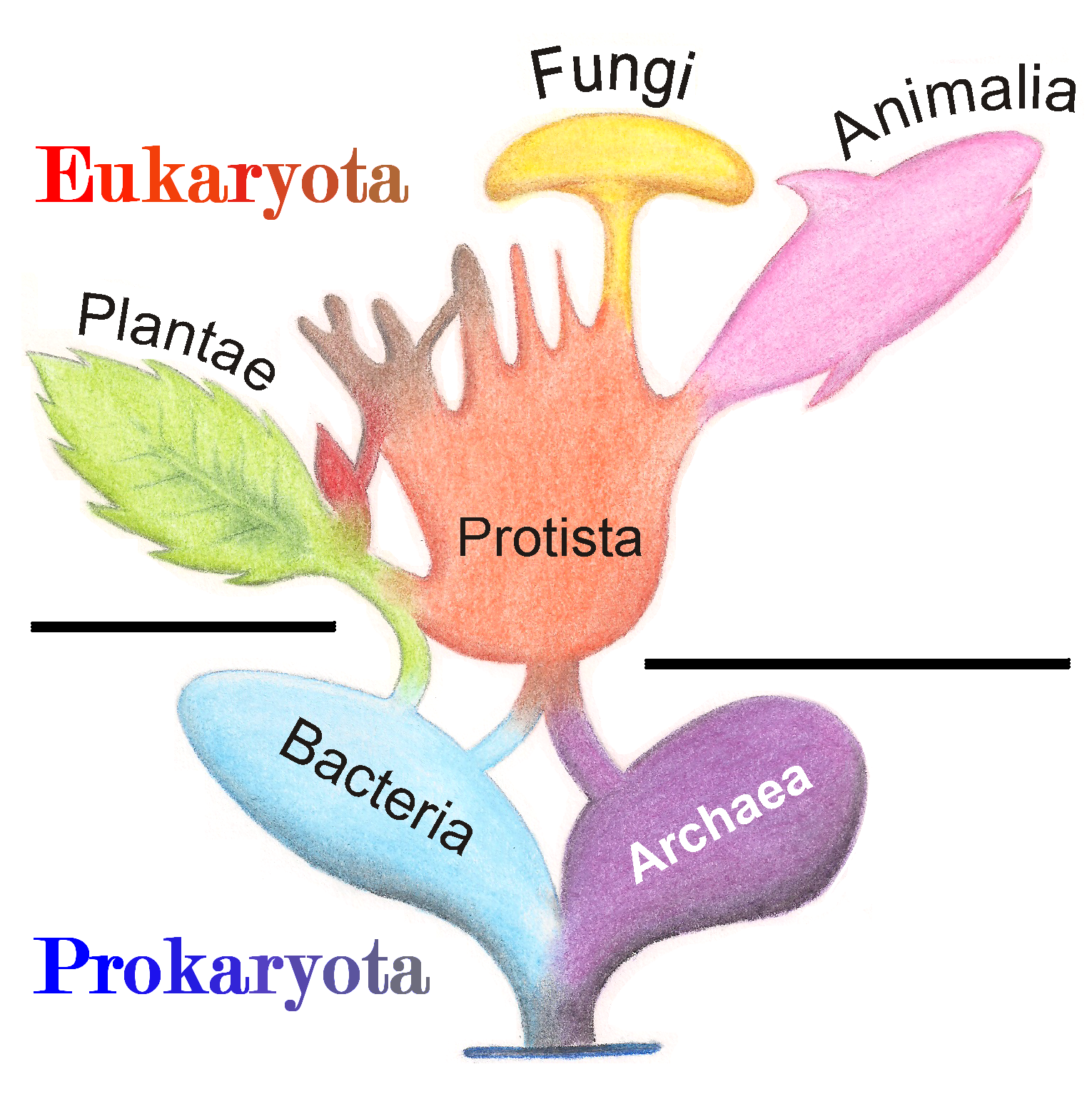|
Archiv Für Protistenkunde
''Protist'' is a peer-reviewed scientific journal focusing on protists. It was founded as ''Archiv für Protistenkunde'' by editor Fritz Schaudinn in 1902, and originally published by Gustav Fischer and later Jena. The journal is now published by Elsevier, and is currently edited by Michael Melkonian (Botanical Institute, University of Cologne). The journal changed its name to ''Protist'' in 1998. Abstracting and indexing The journal is abstracted and indexed in the following bibliographic databases: According to the ''Journal Citation Reports'', the journal has a 2017 impact factor The impact factor (IF) or journal impact factor (JIF) of an academic journal is a type of journal ranking. Journals with higher impact factor values are considered more prestigious or important within their field. The Impact Factor of a journa ... of 2.702. References Further reading * * External links *{{Official, https://www.elsevier.com/journals/protist Publications established in 190 ... [...More Info...] [...Related Items...] OR: [Wikipedia] [Google] [Baidu] |
Protist
A protist ( ) or protoctist is any eukaryotic organism that is not an animal, land plant, or fungus. Protists do not form a natural group, or clade, but are a paraphyletic grouping of all descendants of the last eukaryotic common ancestor excluding land plants, animals, and fungi. Protists were historically regarded as a separate taxonomic kingdom known as Protista or Protoctista. With the advent of phylogenetic analysis and electron microscopy studies, the use of Protista as a formal taxon was gradually abandoned. In modern classifications, protists are spread across several eukaryotic clades called supergroups, such as Archaeplastida ( photoautotrophs that includes land plants), SAR, Obazoa (which includes fungi and animals), Amoebozoa and " Excavata". Protists represent an extremely large genetic and ecological diversity in all environments, including extreme habitats. Their diversity, larger than for all other eukaryotes, has only been discovered in rece ... [...More Info...] [...Related Items...] OR: [Wikipedia] [Google] [Baidu] |
